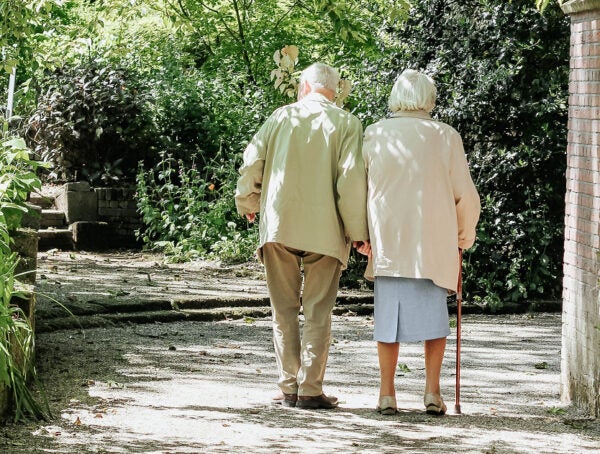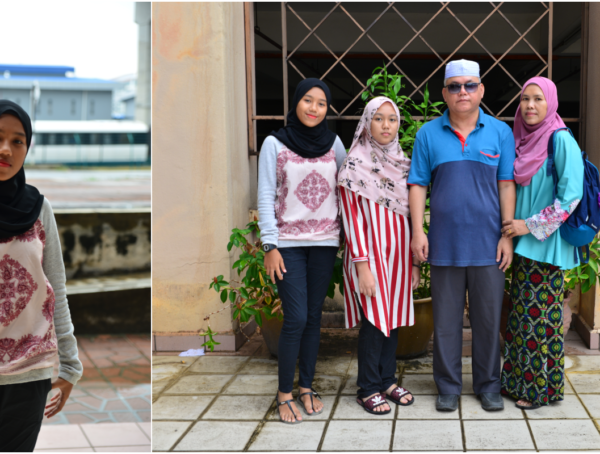Disclaimer: In Real Life is a platform for everyday people to share their experiences and voices. All articles are personal stories and do not necessarily echo In Real Life’s sentiments.
In Snow White and the Seven Dwarfs, the evil queen chants her daily question into the mirror: “Who is the fairest of them all?”
“You are,” the mirror replied. The queen’s narcissism satisfied, she goes on with her day.
Growing up, I watched the movie and was exposed to the idea that “the fairest of them all” was a positive moniker.
The implied suggestion in that statement was that if being fair is beautiful, then being dark is ugly.
Of course, different cultures around the world see skin tone differently. In Malaysia though, we are constantly barraged with ads for products that claim to whiten our skin.

This is the effect of colourism: The stereotype that being dark equals ugly, and being fair equals beautiful.
I interviewed 3 Malaysians to share their stories of how colourism has shaped their worldviews:
Story 1: My grandmother preferred my cousin over me
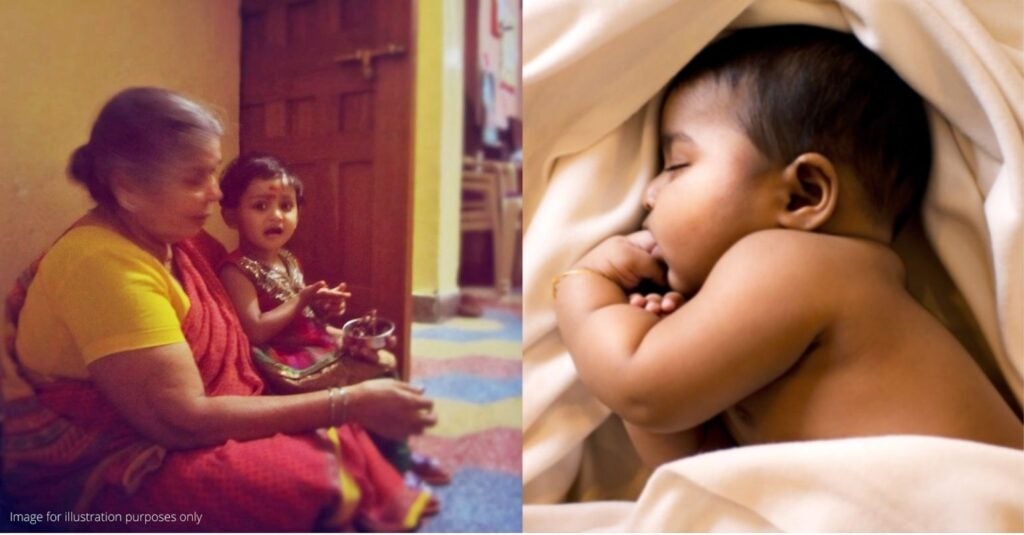
Image via ANewLifeWandering
My cousin and I are close in age and my grandmother was taking care of her. Since both my parents were working, they needed my grandmother’s help to take care of me too.
As a child, I overheard this conversation between my parents and my grandmother:
“I don’t want to babysit her.”
“But amma, why?”
“She’s dark, unlike my other granddaughter.”
Because of this, I was sent to live with my maternal grandparents instead. Eventually, my mother quit her job to take care of me.
After a few years, the same grandmother from my father’s side moved in with us. However, she would refuse to look after me while she was living with us. It got to the point where she wouldn’t even take photos with me.
Throughout my childhood, my grandmother would constantly compare me and my cousin. She didn’t do it with our academic results or body size — it was always about our skin colour.
My sister was fairer than me too, so she would try to separate us and make us fight. She would ask me, “Why is your sister fair but not you?” She would nickname me ‘blackie’. A few times, she bought my sister ice cream or candy and encouraged her to eat them in front of me.
As a 12-year-old, I did not know how to react to all of this. I was too young to question why my dark skin was considered ugly.
So instead, I internalized it and believed it as if it was true: My skin colour was undesirable.
As a teen, I started getting insecure about the colour of my skin. In school, I would get self-conscious. I’d think everyone would be focusing on my skin when they spoke to me.
Till today, I hold a grudge against my own grandmother. But now that I am older and more mature, I do not let the comments get to me. I have grown to love my skin tone.
For example, if there’s anyone at college or in my friend circle who doesn’t like dark skin or won’t date someone because they’re not dark-skinned, I’ll just drop them and find other friends.
I don’t have time to waste trying to get people who are prejudiced to like me. I’ll just find people who accept me for who I am.
This story was related to IRL by an interviewee who has chosen to remain anonymous.
Story 2: My in-laws did not want dark-skinned grandchildren
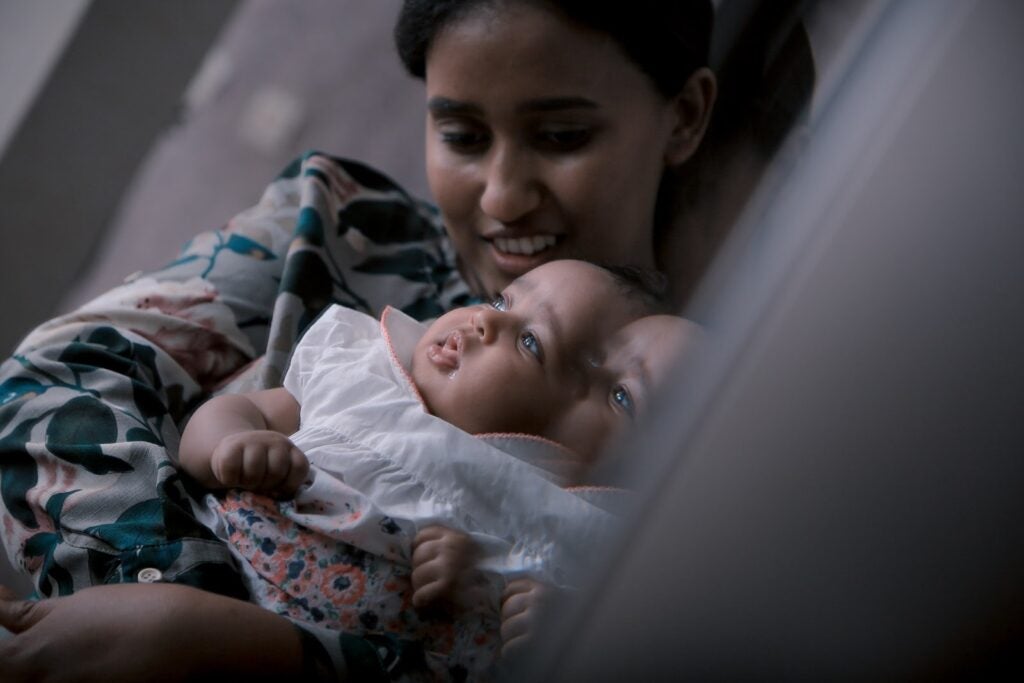
Image via Unsplash
In the beginning, when my Chinese husband and I were dating, my in-laws would make offhand comments to my husband about how “it’s better if you break up with her”.
When my husband asked them “Why?” They replied, “If you get married and have babies with her, the babies would be black.”
It was the first time someone made a comment about my skin tone, and I didn’t know how to take it. It was confusing and hurtful that there were people who still thought like this in this day and age.
A few years later, we got married. Throughout the ordeal, they would constantly try to convince my husband that he could always find someone who is prettier and fairer.
To his credit, my husband would ignore them. Sometimes, he would even argue back to his parents to defend me.
I tried not to let it get to me. “When we have children, their mindset about me will change. They’d want a relationship with their grandchildren and will warm up to our marriage eventually.” Or so I thought.
But that was not the case. When I had my firstborn, his skin was fair and they loved him. They would coo at my baby and say how he looked exactly like my husband.
As time went on however, his skin got tanner, and they started to become distant, saying how they “had no time to visit him” or take care of him.
Now I do not send my children over to their house anymore. If they don’t even try to have a relationship with my children, why should I make the effort to bridge the gap?
In contrast, my brother-in-law’s wife is fair-skinned and she gets treated the complete opposite. His parents love her and they always comment on how beautiful her fair skin is, right in front of me.
My brother-in-law has not had children yet, but I am sure that when he does, my father and mother-in-law would make an effort to have a relationship with them, unlike with my children.
Till today, my children don’t know the reason for not seeing my husband’s parents. I don’t plan to tell them the reason in case it causes them to blame themselves or it makes them start hating their skin tone when clearly, it’s my in-laws who are prejudiced.
I want my children to grow up comfortable in their skin. I never want them to feel unwelcome anywhere simply because they’re darker in skin tone.
This story was related to IRL by an interviewee who has chosen to remain anonymous.
Story 3: At 15, I was followed around the store by the security guard

The interviewee at 15.
One day, I was walking around a retail store browsing through the items. However, I noticed something odd: There was a guard following cautiously behind me.
At first, I thought maybe I was imagining things, so I decided to test it out. I started walking around and entering each aisle and browsing different sections. I even went to the opposite end of the store.
Everywhere I went I saw the same guard following behind me, just staring at me as if I was going to steal something.
I noticed that none of the other shoppers received the same treatment as I did. Everyone else got to shop peacefully while I had an eye on me throughout. I was just a 15-year-old boy trying to purchase my things.
I know it wasn’t because I was a teenager, because I saw other people my age browsing the items in the store, but the guard ignored them and chose to focus on me.
The reason was quite obvious. It was because of the stereotype that comes with my skin colour, that dark skin equals being a criminal.
He had been following me for about 20 minutes now, and I was starting to get extremely uncomfortable.
I wanted to do something about it, so I walked towards the customer service with the guard still following me and made a complaint.
The staff started to apologise profusely to me and I just left.
I can only hope that my complaint was taken seriously and nothing like that has happened to anyone else in that store, even if it is very common.
This story was related to IRL by an interviewee who has chosen to remain anonymous.
The subtle difference between colourism and racism
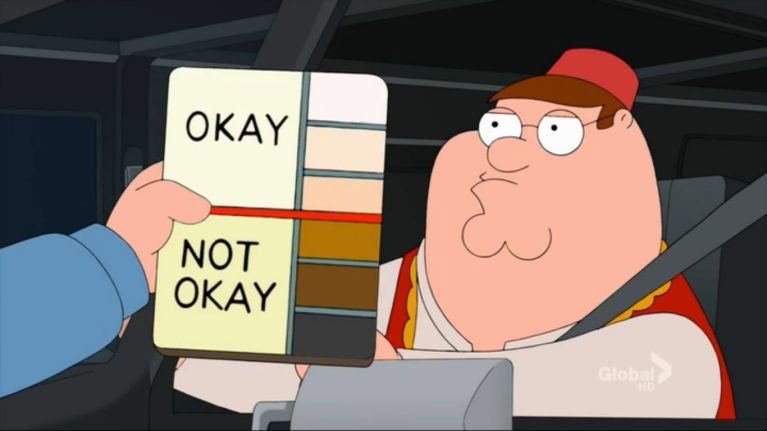
In Asia, the differences between colourism and racism may be subtle, but it’s an important distinction to make.
Racism is where you’re prejudiced against a certain race. That usually comes with either cultural or religious stereotypes. If you assume that a certain race is predisposed to having a specific negative trait, that’s racism.
However, colourism is simply being prejudiced according how light or dark your skin is. You can experience colourism from your own family members — if you’re more tanned than your cousins, they may comment on how dark you are, or suggest ways to lighten your complexion with creams or serums.
You could also experience colourism when looking for jobs which are customer-facing, for example, employers may have a bias towards white-skinned or pan-asian features for their models.
The solution to this is to remind people that one’s colour of their skin is not an indicator of cleanliness, holiness, honesty, uprightness, good or evil, or attractiveness. People can be good or bad and it doesn’t depend on what colour their skin is.
In order to move past these harmful mindsets of lighter skin being more attractive, and darker skin being less attractive, we need to have more representation in the media for dark skinned actors, singers, writers, and public figures.
For more stories like this, read The Racism I Experienced Dating In Malaysia And I Dated Black Men And Was Shocked At Their Reality Residing In Malaysia
If you like what you read, follow us on Facebook & Instagram.
You might also like
More from Real People
‘A RM100 fee cost a company 5 years of revenue’ shares M’sian
This story is about a Malaysian who learned that bureaucracy can be defeated simply by not arguing with it.A billing …
‘I quiet-quit, upskilled, and tripled my salary,’ shares M’sian engineer
This story is about a Malaysian who learned that loyalty without leverage leads nowhere in the corporate world.After years of …
‘I did everything right, and it still wasn’t enough’ shares M’sian graduate
This story is about a Malaysian graduate navigating big dreams in a job market where a degree no longer guarantees …






